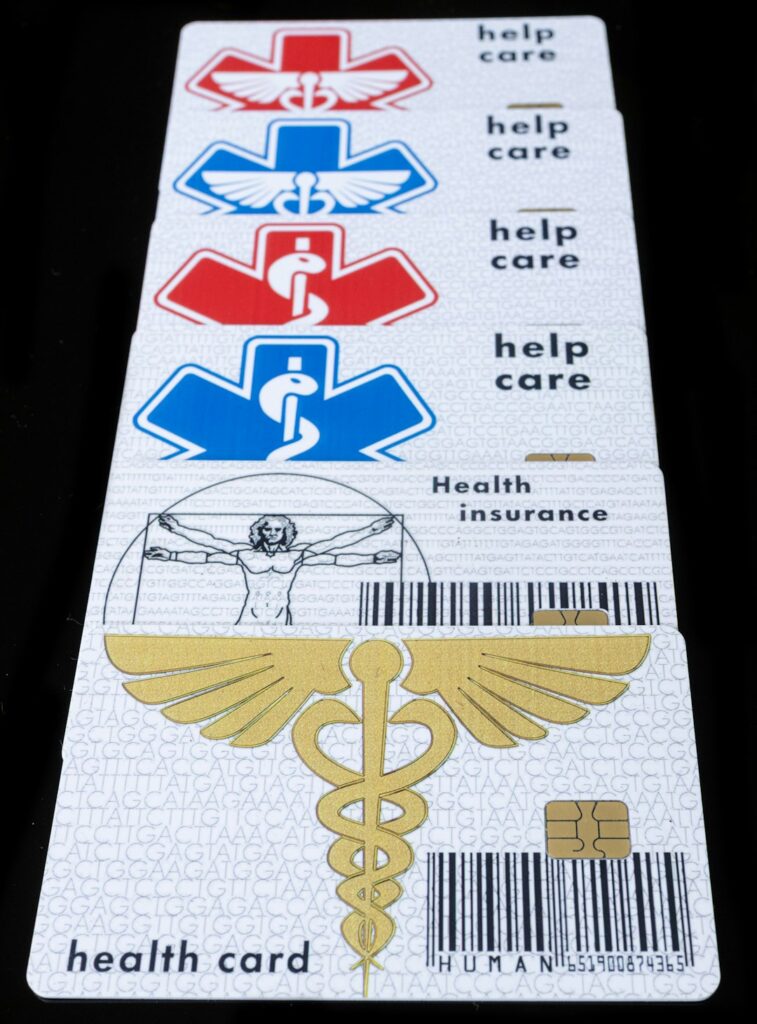AI Healthcare Applications: Transforming Patient Care and Management
In recent years, the advent of AI healthcare applications has revolutionized the way patient care is delivered. These advanced technologies are not only improving diagnostic accuracy but also streamlining administrative processes and enhancing patient outcomes. As the healthcare landscape continues to evolve, understanding and leveraging AI tools can significantly benefit healthcare providers and patients alike.
The Role of AI in Diagnostics
One of the most significant applications of AI in healthcare is in diagnostics. Machine learning algorithms can analyze vast amounts of medical data and images with remarkable speed and accuracy.
Image Recognition
AI-driven image recognition tools are particularly impactful in radiology. For instance, algorithms are capable of detecting anomalies in X-rays, MRIs, and CT scans far quicker than a human radiologist. This not only accelerates the diagnosis process but also aids in early disease detection.
Predictive Analytics
Predictive analytics powered by AI can help in identifying potential health risks in patients. By examining historical health data, AI tools can forecast the likelihood of diseases, enabling proactive management strategies.
Enhancing Patient Management
AI healthcare applications also play a crucial role in patient management. From appointment scheduling to treatment follow-ups, these tools are streamlining operations.
Virtual Health Assistants
Chatbots and virtual assistants are becoming increasingly common in healthcare settings. They can handle appointment bookings, provide medication reminders, and even answer common patient queries, freeing up valuable time for healthcare professionals.
Personalized Treatment Plans
AI can analyze patient data to create personalized treatment plans. By considering individual health histories and responses to treatment, AI tools enable doctors to tailor their approaches, ultimately leading to better patient outcomes.
AI in Drug Development
AI healthcare applications are not limited to diagnostics and patient management; they also play a vital role in drug development.
Accelerating Research
AI algorithms can sift through extensive databases of drug compounds and biological data to identify potential candidates for clinical trials. This accelerates the research process and reduces the time and cost associated with bringing new drugs to market.
Clinical Trials Optimization
Moreover, AI can enhance the clinical trial process by identifying suitable participants and monitoring trial progression in real-time, ensuring a more efficient and effective research environment.
Challenges and Considerations
While the benefits of AI healthcare applications are vast, there are also challenges that must be addressed.
Data Privacy and Security
One of the primary concerns in implementing AI in healthcare is patient data privacy. Ensuring that sensitive health information is secure and used ethically is crucial for maintaining patient trust.
Integration with Existing Systems
Another significant challenge is the integration of AI tools with existing healthcare systems. Ensuring compatibility and seamless operation can be difficult, requiring significant investment and training.
The Future of AI in Healthcare
As technology continues to advance, the future of AI healthcare applications looks promising. Continued investment in research and development will undoubtedly lead to even more innovative solutions that improve healthcare delivery.
Telemedicine and Remote Monitoring
The rise of telemedicine and remote patient monitoring tools also opens new avenues for AI applications. These technologies can facilitate complex patient assessments without the need for in-person visits, making healthcare more accessible.
AI and Health Equity
Moreover, AI has the potential to identify and address health disparities, ensuring that quality care is available to underserved populations. By analyzing data from diverse demographics, healthcare providers can tailor their services to meet the needs of all patients.
Conclusion
AI healthcare applications are set to transform the way care is delivered, enhancing diagnostic accuracy, improving patient management, and streamlining drug development processes. However, addressing challenges like data privacy and system integration is essential for harnessing the full potential of these technologies. As the healthcare industry continues to evolve, embracing AI can lead to significant improvements in patient care and outcomes.
The Role of AI in Diagnostics
AI healthcare applications are revolutionizing diagnostic processes by enhancing accuracy and speed. Machine learning algorithms can analyze medical images, such as X-rays and MRIs, identifying anomalies that may be missed by the human eye. For instance, studies have shown that AI-driven tools can match or even exceed the diagnostic capabilities of radiologists in certain conditions, such as detecting tumors at early stages. This not only improves patient outcomes but also reduces the time healthcare professionals spend on diagnosing complex cases.
Predictive Analytics for Disease Prevention
Another critical area where AI healthcare applications are making strides is predictive analytics. By leveraging big data and AI, healthcare providers can predict disease outbreaks and personal health risks. Algorithms analyze patterns from patient histories and social determinants of health, allowing for individualized prevention strategies. For example, AI can identify patients at high risk for chronic conditions, enabling early interventions that improve health outcomes and lower healthcare costs. This proactive approach marks a significant shift from traditional reactive models of care.
Enhancing Patient Management Through AI
AI healthcare applications also play a vital role in patient management. Chatbots and virtual health assistants are increasingly being integrated into healthcare systems, providing patients with immediate access to information and assistance. These tools can answer common questions, help schedule appointments, or remind patients about medication adherence. By streamlining communication, these AI applications improve patient satisfaction and engagement, leading to better overall health management.


